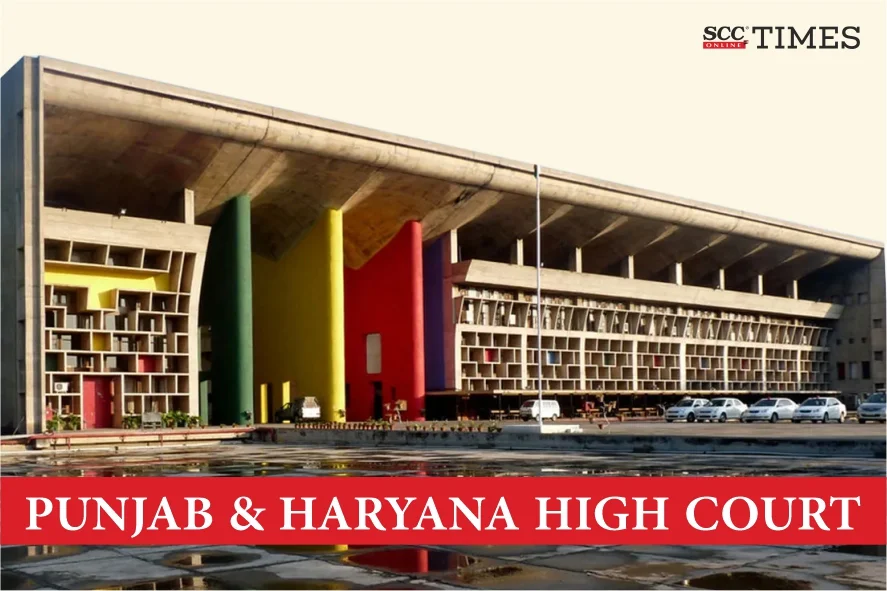Punjab and Haryana High Court: In a batch of writ petitions filed by the Union against the Armed Forces Tribunal (‘AFT’) that rounded off the disability element of the disability pension of respondents to 50 percent, the Division Bench of Sanjeev Prakash Sharma and H.S. Grewal, JJ., rejected the petitions, holding that the binding precedents by the Supreme Court did not restrict the payment of arrears for only three years before the filing of the application. The Court deplored the Union’s approach towards its own former servicemen, non-compliance with the Supreme Court’s decisions, and undertaking unnecessary litigation.
Background
In 2009, the respondents, former army officers, were assessed for disability pension. They were reassessed to a disability of 30 percent, although it was required to be rounded off considering the final judgment passed in Union of India v. Ram Avtar, 2014 SCC OnLine SC 1761. However, the rounding off was not done by the Union, which prompted the army officers to approach the AFT. The AFT accordingly passed an order rounding off disability element of disability pension to 50 percent while placing reliance on Ram Avtar (supra) and K.J.S. Buttar v. Union of India, (2011) 11 SCC 429.
Aggrieved, the Union filed the present writ petitions, contending that in the order dated 09-05-2025, passed in Union of India v. Azad Singh1 the Supreme Court stayed the operation of the directions for arrears beyond three years before filing of the application by relying on an order passed in Union of India v. SGT Girish Kumar2, wherein it was at the behest of the Additional Solicitor General (‘ASG’) who stated that the arrears for the period of three years before the date of filing of the original application would be paid.
Analysis
The Court stated that the consent of the ASG could not be said to be a law laid down by the Supreme Court for payment of arrears for only three years before the filing of the application. The Court opined that liberal interpretation had to be given to the laws, and limiting claims only to a period of three years would be a travesty of justice.
In this regard, the Court referred to Bijender Singh v. Union of India, 2025 SCC OnLine SC 895, wherein while granting the benefit of rounding off the disability element of disability pension to 50 percent, the payment was not restricted to three years alone.
Considering this binding precedent of the Supreme Court, the Court held that it was bound to follow the same, and the AFT had therefore, rightly granted the benefits of arrears. The Court stated that once a final judgment was passed by the Supreme Court laying down a law, it was binding on the Union of India to follow it for all.
The Court further remarked that ex-servicemen were regularly approaching the AFTs for their rights which stood crystallised per the final judgments of the Supreme Court. The Court said,
“Unnecessary litigation is being burdened both before the AFT as well as before this Court on account of insensitiveness and an attitude for not complying with the Supreme Court’s judgments which have attained finality. We deplore the approach adopted by the Union towards their own ex-Army personnel.”
[Union of India v. Ex Sep Swaran Singh, CWP No. 5069 of 2025 (O&M), decided on 13-05-2025]
*Judgment authored by: Justice Sanjeev Prakash Sharma
Advocates who appeared in this case:
For the petitioners: Sr. Panel Counsel Geeta Singhwal, Sr. Panel Counsel Rohit Verma, and Sr. Panel Counsel Neha Jain
1. Special Leave Petition (Civil) Diary No. 21084 of 2025
2. Civil Appeal Nos. 6820-6824 of 2018







